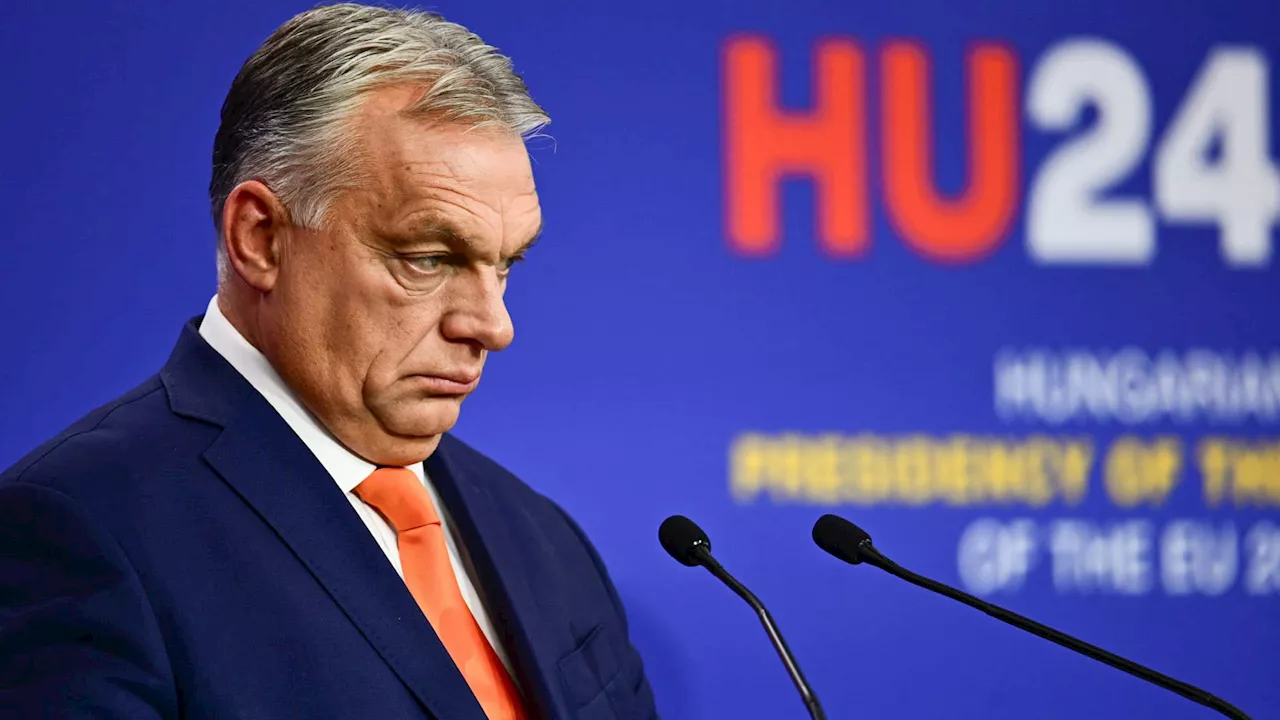This article explores the decline in popularity and power of so-called 'strongman' leaders in Eastern Europe, particularly focusing on Hungary's Viktor Orban and Slovakia's Robert Fico. Despite their initial support fueled by the image of a resurgent populism under Donald Trump, these leaders are facing increasing domestic pressure and waning public approval.
Analysts suggest that so-called 'strongman' leaders in Eastern Europe, often allied with Russia 's Vladimir Putin and resistant to European Union directives, have experienced a decline in their influence in recent years. Leaders like Hungary 's Viktor Orban and Slovakia 's Robert Fico are frequently grouped with nationalist, right-wing, and 'strongman' styles of leadership, reminiscent of Putin's own. While their initial support was fueled by the perception that U.S.
President Donald Trump's inauguration would empower similar populist movements across Europe, the reality has been more complex. Domestic pressures and economic challenges have hampered their popularity and power. The anticipated boost from Trump's presidency hasn't materialized as expected, and many of his European allies are facing setbacks. While Orban and Fico maintain close ties with Putin, even after Russia's invasion of Ukraine in 2022, their popularity within their respective countries is waning. Both leaders have been vocal in their opposition to increased military and financial aid to Ukraine and have expressed reluctance to support the extension of sanctions against Russia. However, both Orban and Fico are facing increasing domestic challenges. Orban's approval ratings have dropped, while his main rival, Péter Magyar, is gaining ground. Fico narrowly escaped a no-confidence vote in January, but his position remains precarious due to disagreements within his coalition government and his increasingly erratic behavior. Analysts predict that both leaders could face electoral defeats in the near future. Parliamentary elections are scheduled for 2026 in Hungary and 2027 in Slovakia, although an earlier vote in Slovakia is possible. The rise of opposition forces like Magyar's Tisza Party suggests that Orban might not retain his grip on power, marking a significant shift in Hungary's political landscape
Strongman Leaders Viktor Orban Robert Fico Hungary Slovakia European Union Russia Donald Trump Populism Elections Political Landscape
United States Latest News, United States Headlines
Similar News:You can also read news stories similar to this one that we have collected from other news sources.
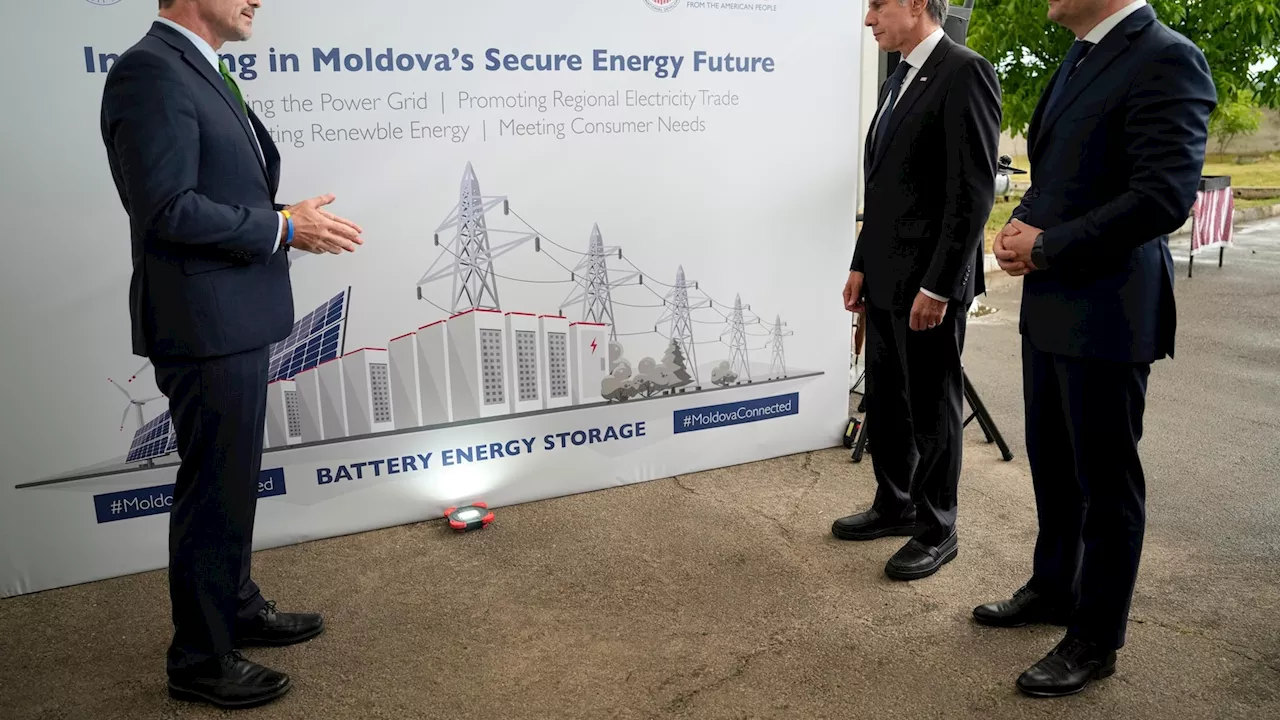 Trump cuts to foreign aid are sending shockwaves through Eastern EuropePresident Donald Trump’s abrupt freeze of U.S. foreign aid is sending shockwaves through Eastern Europe
Trump cuts to foreign aid are sending shockwaves through Eastern EuropePresident Donald Trump’s abrupt freeze of U.S. foreign aid is sending shockwaves through Eastern Europe
Read more »
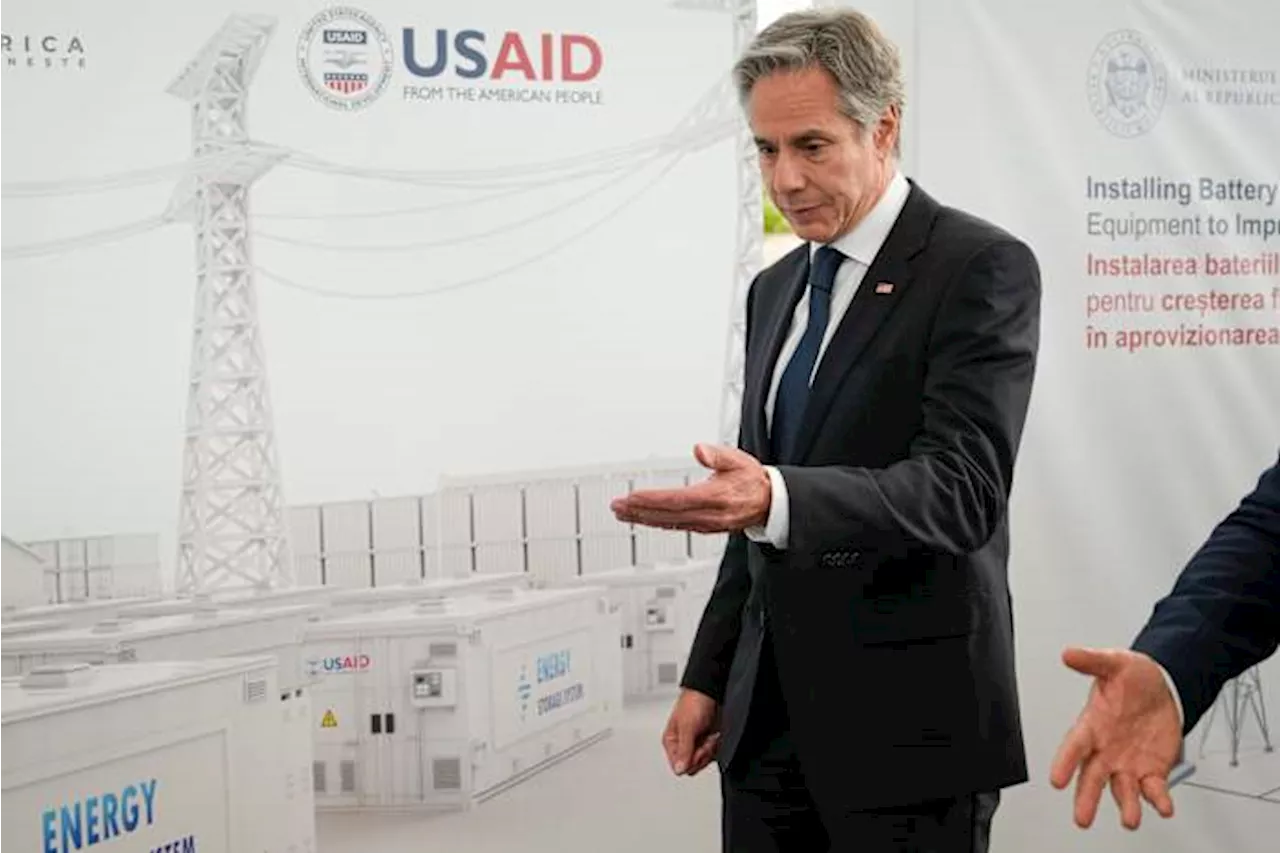 US aid was long a lifeline for Eastern Europe. Trump cuts are sending shockwaves through the regionPresident Donald Trump’s abrupt freeze of U.S. foreign aid is sending shockwaves through Eastern Europe.
US aid was long a lifeline for Eastern Europe. Trump cuts are sending shockwaves through the regionPresident Donald Trump’s abrupt freeze of U.S. foreign aid is sending shockwaves through Eastern Europe.
Read more »
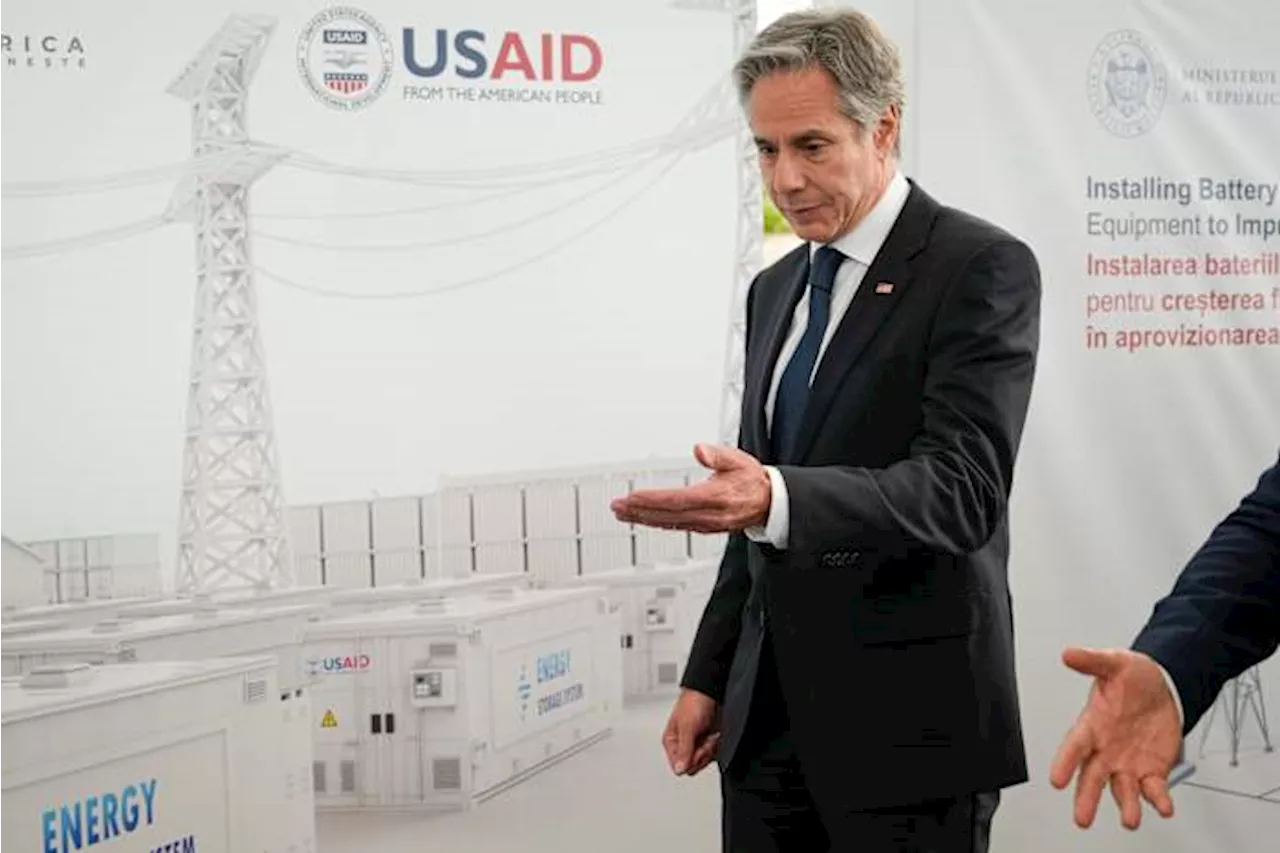 US aid was long a lifeline for Eastern Europe. Trump cuts are sending shockwaves through the regionPresident Donald Trump’s abrupt freeze of U.S. foreign aid is sending shockwaves through Eastern Europe.
US aid was long a lifeline for Eastern Europe. Trump cuts are sending shockwaves through the regionPresident Donald Trump’s abrupt freeze of U.S. foreign aid is sending shockwaves through Eastern Europe.
Read more »
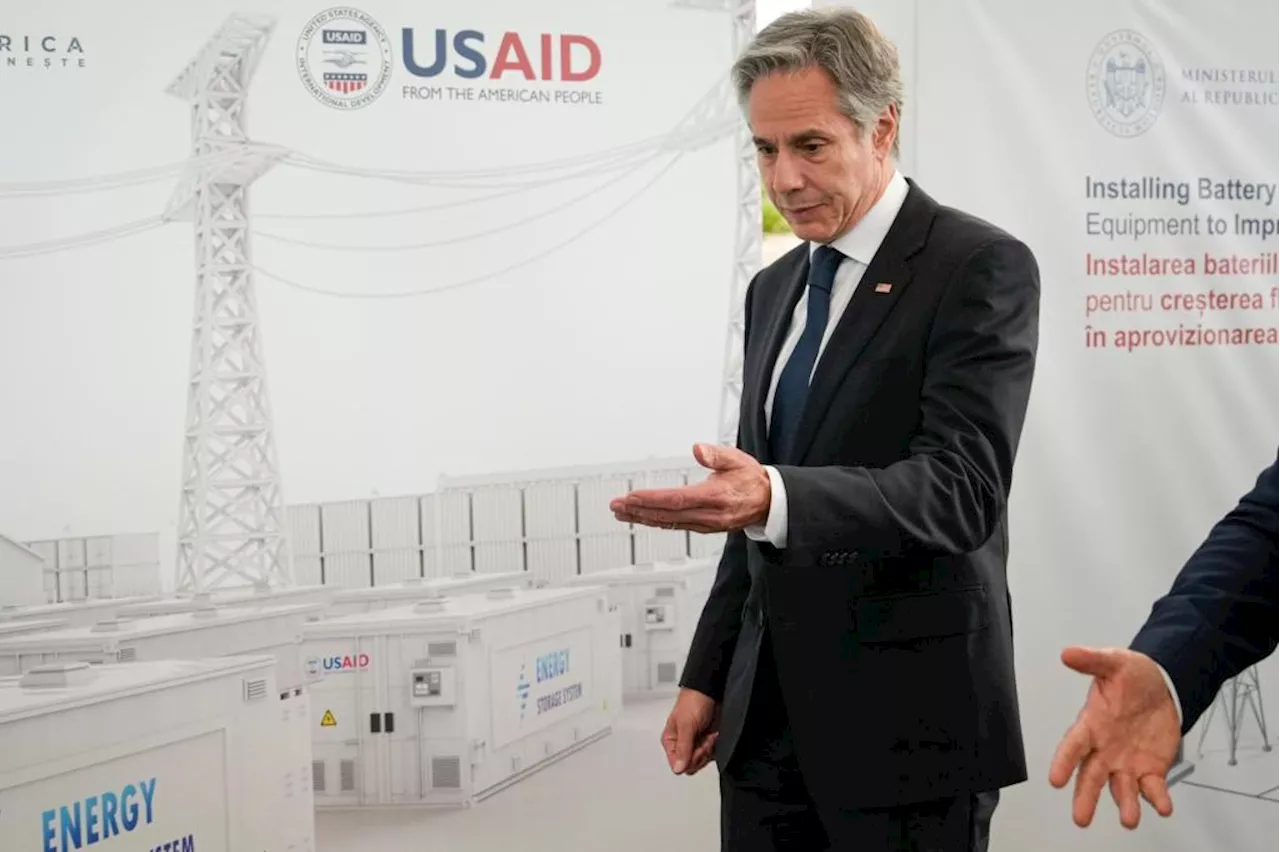 US aid was long a lifeline for Eastern Europe. Trump cuts are sending shockwaves through the regionDonald Trump’s abrupt freeze of U.S. foreign aid is sending shockwaves through Eastern Europe
US aid was long a lifeline for Eastern Europe. Trump cuts are sending shockwaves through the regionDonald Trump’s abrupt freeze of U.S. foreign aid is sending shockwaves through Eastern Europe
Read more »
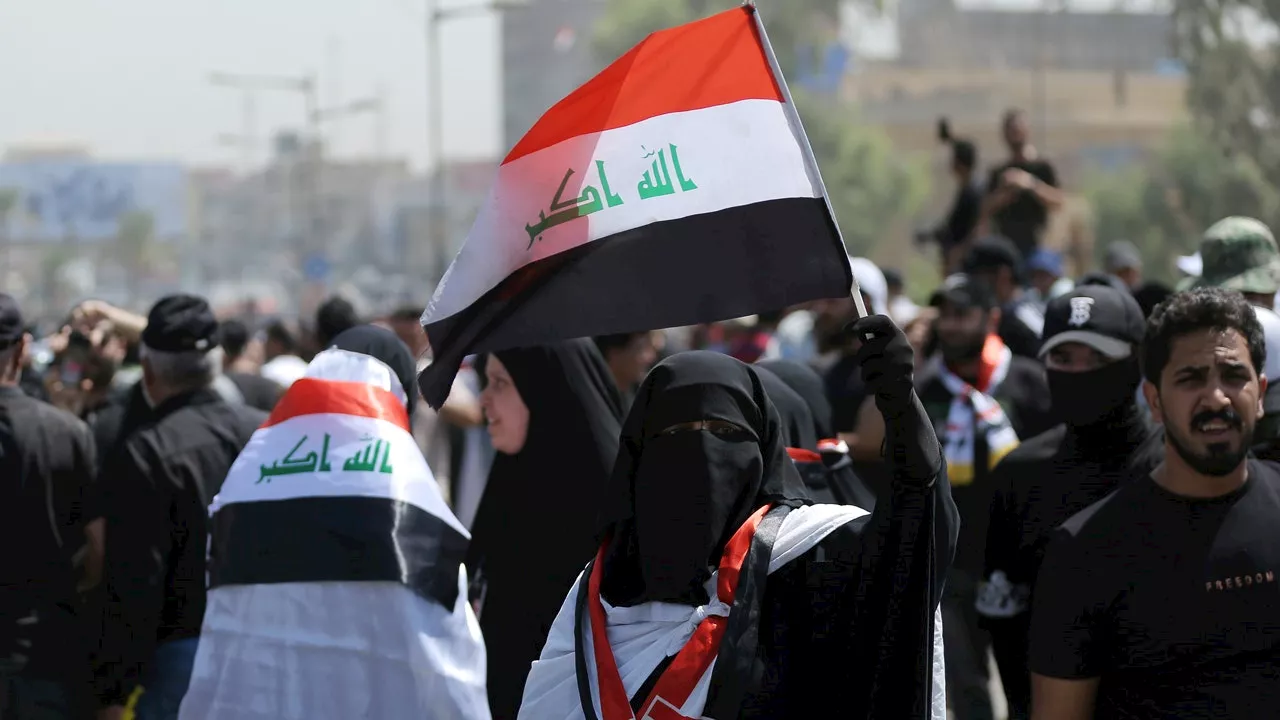 Iraq Demands Armed Groups Lay Down Arms Amid Waning Iranian InfluenceWith Iranian influence declining in the Middle East, the Iraqi government is pressing armed groups, including factions within the Iran-backed Islamic Resistance in Iraq (IRI), to disarm and join state security forces or integrate into the recognized Popular Mobilization Forces (PMF). Foreign Minister Fuad Hussein emphasized the need for armed groups operating outside state control to relinquish their weapons and become part of the government's armed forces. This move comes amid concerns about Iraq becoming the next target following the power vacuum created by the fall of Bashar al-Assad in Syria and the weakening of Hamas and Hezbollah. Experts suggest that Iraq's attempt to control armed factions signals Iran's diminished role in the region.
Iraq Demands Armed Groups Lay Down Arms Amid Waning Iranian InfluenceWith Iranian influence declining in the Middle East, the Iraqi government is pressing armed groups, including factions within the Iran-backed Islamic Resistance in Iraq (IRI), to disarm and join state security forces or integrate into the recognized Popular Mobilization Forces (PMF). Foreign Minister Fuad Hussein emphasized the need for armed groups operating outside state control to relinquish their weapons and become part of the government's armed forces. This move comes amid concerns about Iraq becoming the next target following the power vacuum created by the fall of Bashar al-Assad in Syria and the weakening of Hamas and Hezbollah. Experts suggest that Iraq's attempt to control armed factions signals Iran's diminished role in the region.
Read more »
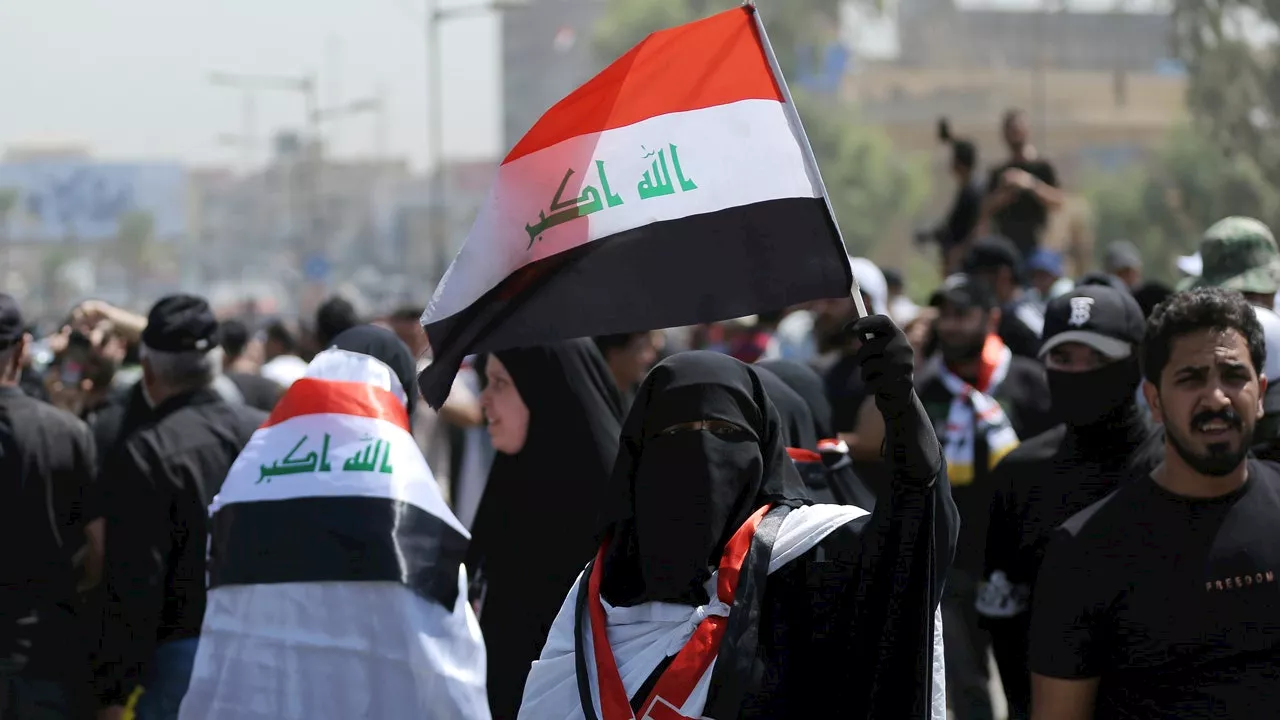 Iraq Pushes Armed Groups to Disarm Amid Waning Iranian InfluenceAgainst a backdrop of diminishing Iranian influence in the Middle East and concerns about Iraq's stability, the Iraqi government is demanding that armed groups, including factions linked to Iran's Islamic Resistance in Iraq (IRI), lay down their arms and integrate into state security forces.
Iraq Pushes Armed Groups to Disarm Amid Waning Iranian InfluenceAgainst a backdrop of diminishing Iranian influence in the Middle East and concerns about Iraq's stability, the Iraqi government is demanding that armed groups, including factions linked to Iran's Islamic Resistance in Iraq (IRI), lay down their arms and integrate into state security forces.
Read more »
